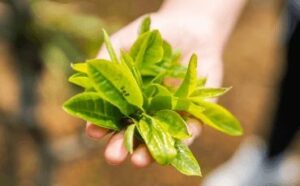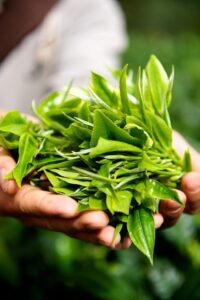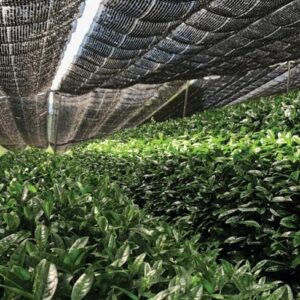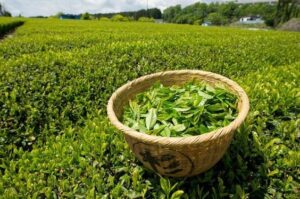
What makes organic Japanese tea so fragrant and naturally sweet?
The exceptional taste of organic Japanese tea is the result of a careful, chemical-free cultivation process. Unlike conventional tea farming, organic tea relies solely on non-GMO, organic fertilizers, and natural, unprocessed seeds. Soil preparation involves a thorough detoxification process lasting at least three years, ensuring it is free from any residual chemicals. This approach prioritizes sustainable practices, including the conservation of both soil and water resources, allowing each tea leaf to grow purely without chemical interference.
Although organic tea farming is prevalent in Japan, achieving 100% organic status is challenging. Neighboring non-organic farms may introduce unintentional contamination from pesticides or chemical fertilizers through soil seepage. To counter this, organic plantations must establish buffer zones to maintain soil purity and prevent chemical intrusion.
Organic green tea boasts a naturally simple, delicate flavor profile because the plants directly absorb nutrients from the soil without synthetic additives. Weather conditions significantly influence tea quality, with the finest leaves typically hand-picked at dawn when they are still touched by morning dew and soft sunlight. This delicate harvesting method, focusing on just three young tea shoots, enhances the tea’s signature fragrance and sweetness. However, one drawback of organic tea farming is the slower efficacy of organic fertilizers, which require up to nine months to become fully active, compared to chemical fertilizers, which work within a month. The result is a naturally aerated and nutrient-rich soil, ideal for fostering healthier and more resilient tea plants.
In Uji, Kyoto, the humid, sun-soaked summer climate provides an ideal environment for tea cultivation, though it also promotes weed growth. Unlike conventional farms, organic tea plantations rely on manual weeding, which ensures that only the tea plants absorb the nutrients.
Due to the dedicated, hands-on care and ideal conditions, organic Japanese tea achieves a refined flavor and natural sweetness that sets it apart. Each hand-picked leaf offers quality and long-term health benefits, free from chemical residues—a premium for both taste and wellness.




